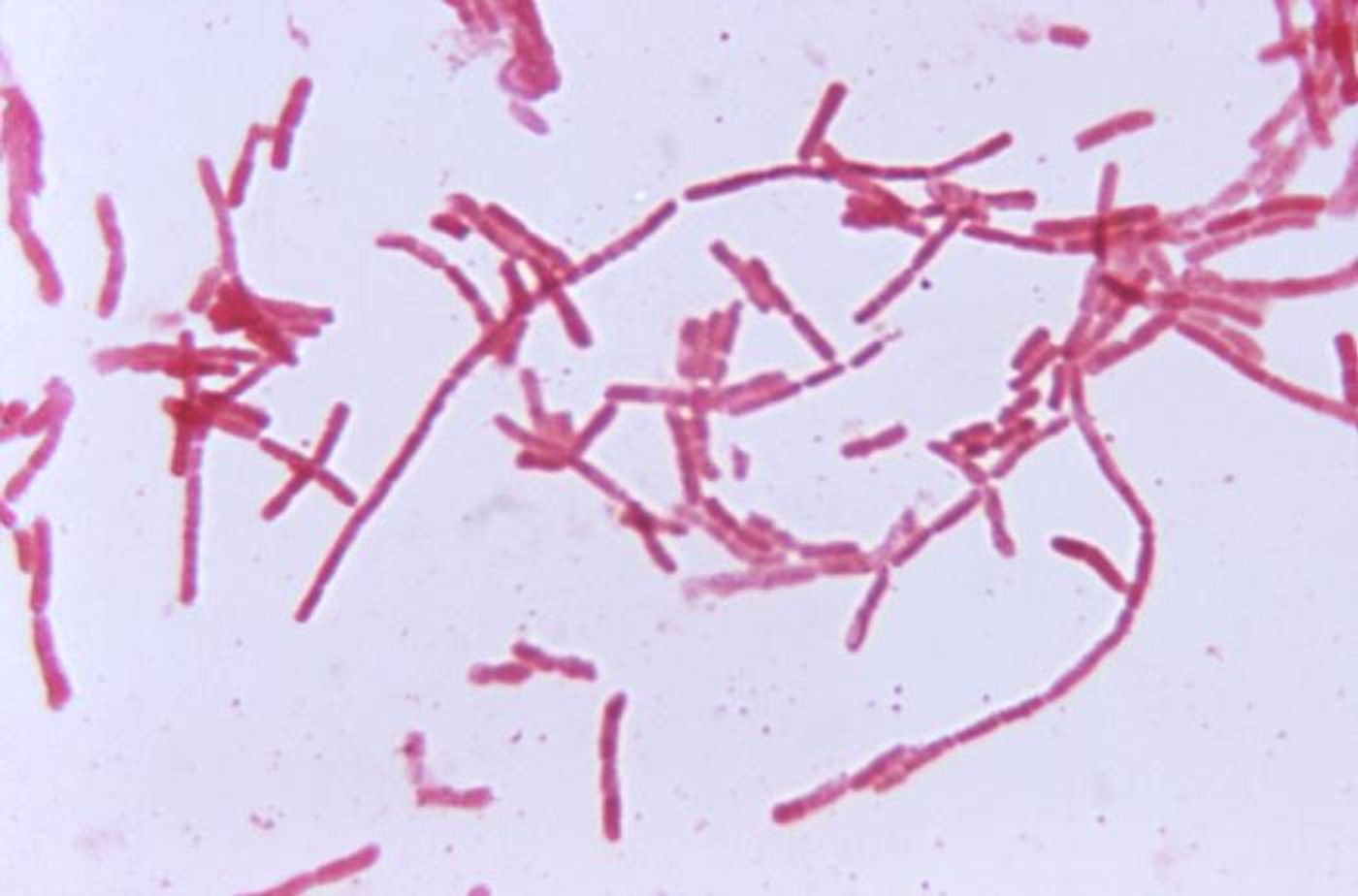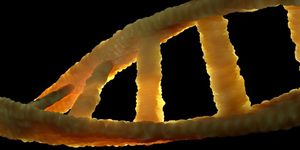Gut Microbes can Significantly Impact Host Gene Expression
We all carry a vast number of microbes with us, and the microbial community in the gut is closely linked to our health and well-being. The food we ingest, the medicines we take, the stuff we’re exposed to in our environment, and our genes can all affect the gut microbiome, which helps us digest food and absorb nutrients.
Since the rapid advance of various genetic technologies in recent times, researchers are learning more about the many microorganisms that are part of our microbiome. Scientists have also shown how dysfunction or imbalances in the gut microbiome have been connected to many different diseases, including disorders of the gut like Crohn’s or colorectal cancer, as well as autoimmune and mental disorders.
Now that we know how important the gut microbiome is, scientists want to know exactly which species are having what impact on different people. One way to do that is to model the microbiome and look at how it affects gene expression in a host.
New work reported in mSystems has done just that, in an effort to build on other research that has used mouse models to show that microbes of the gut can affect gene expression and modifiable genetic features called epigenetic markers, and human studies that link the composition of the microbiome with a physiological characteristic. Since it is difficult to research the microbiome directly in humans, the researchers created a model of the microbiome; their in vitro system consists of human colon cells grown in hypoxic conditions - mimicking the environment of the gut.
The researchers exposed the colon cells to gut flora that had been obtained from human fecal samples and assessed how gene expression changed in the ‘host’ colon cells by sequencing the active genes using RNA-seq. They found that the expression of more than 5,000 host genes changed after the cells were exposed to the microbes. They identified 588 distinct connections between specific microbial populations and host genes.
The scientists identified several genes that were expressed differently depending on their exposure, some of these genes have been associated with obesity, and have been identified in similar mouse studies. They also looked at chromatin accessibility, which is believed to have a significant impact on gene expression; chromatin will only allow the transcription machinery to transcribe genes that are accessible. While the changes they saw were small, changes in chromatin accessibility due to the influence of the microbiome may be altering the expression of some genes.
The work also demonstrated that the addition of a single microbe could affect the microbiome in a predictable way, which agrees with other research indicating that microbes may one day be used in therapeutics.
The microbiome is having a significant effect on the expression of its host’s genes, but the mechanisms by which the microbiome is doing so are still unclear, and future work will have to investigate further.









